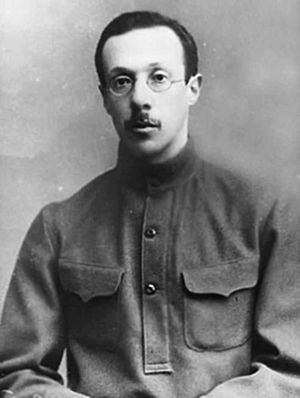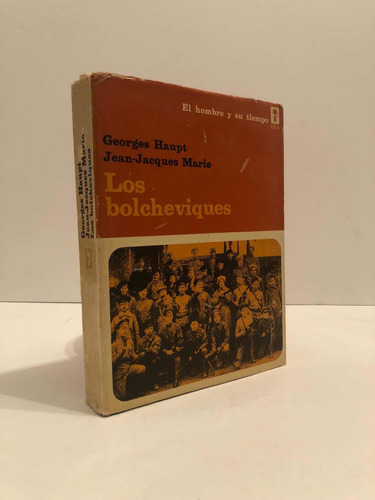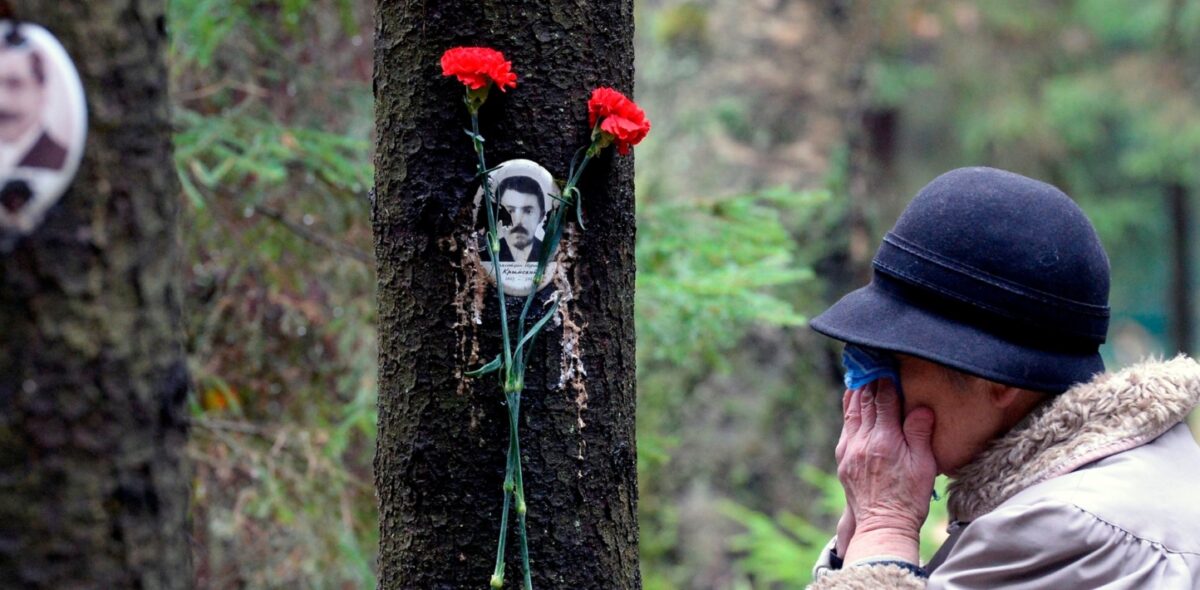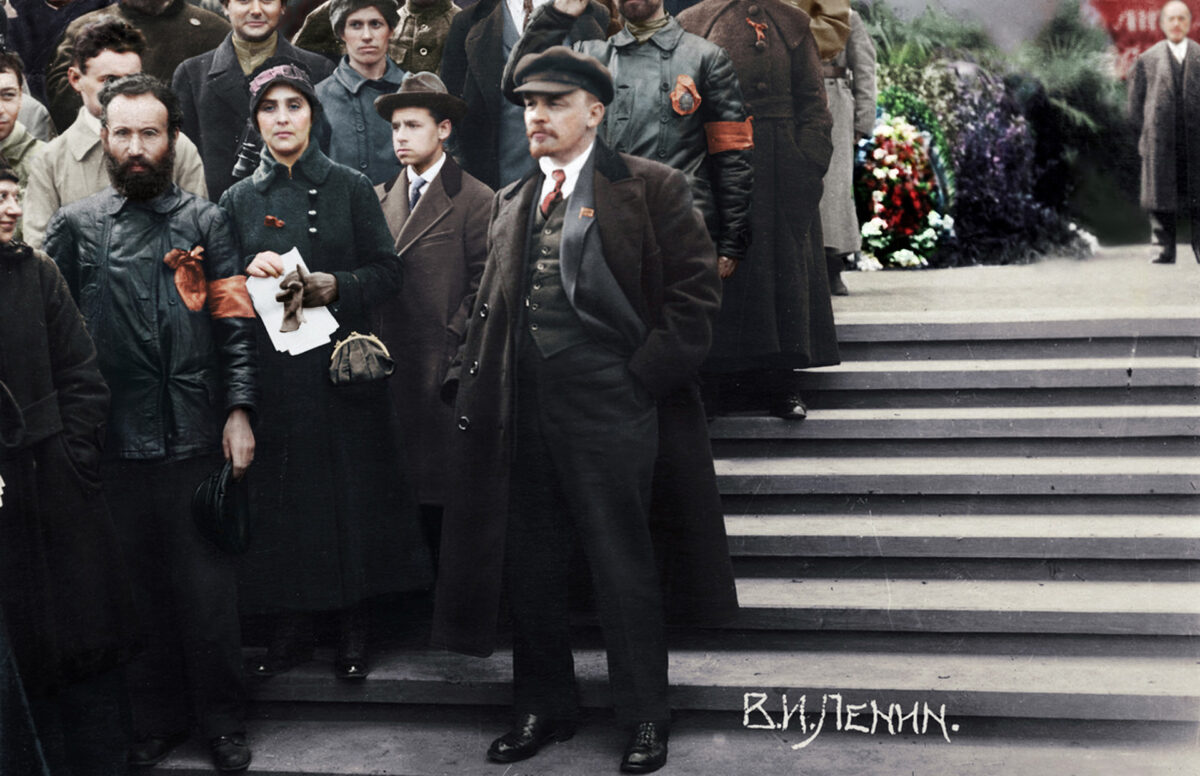Vladimir Osipovich Likhtenstadt (December 16.12.1882 – 15.10 1919) was a Russian revolutionary (SR-Maximalist, Menshevik, then member of the Russian Communist Party), translator.
Born into an educated Jewish family. His father was Iosif Moiseevich Lichtenstadt (1842-1896), writer and statesman; mother was Marina Lvovna Lichtenstadt (Großmann, 1857-1937), translator of French literature, member of “Naroda Volya” and creator of “The group of political prisoners of Shlisselburg hard labour prison” (the book “Shlisselburg flowers” is dedicated to her). He was educated at the Mathematics Department of St. Petersburg University and at the University of Leipzig.
During the events of January 9, 1905 in St. Petersburg, he witnessed the dispersal of a peaceful procession of workers. At the request of the writer, L. J. Gurevich printed on a printing press a bulletin which she had compiled describing the events of the day. This text, together with the Workers’ Petition and the proclamation of Georgy Gapon, was distributed illegally throughout Russia. Under the impression of the events of January 9, he turned to active revolutionary activities.
In 1905 he married Maria Mikhailovna Zvyagina (who was arrested with him the following year and released a year after the investigation). In 1905-1906 he joined the Social Revolutionary-Maximalists. Worked in a laboratory for the manufacture of bombs On August 12, 1906 he delivered bombs to the persons who threw them at the dacha of chairman of the Council of Ministers P.A. Stolypin, on Aptekarsky Island. As a result of the powerful explosion at Stolypin’s dacha, 27 people were killed on the spot, 33 were seriously wounded, many later dying. Stolypin himself was not injured. In October 1906 he was arrested in connection with the attempt on Stolypin’s life. He admitted his membership in the “maximalists”, manufacturing shells to blow up Stolypin’s dacha on Aptekarsky island and to expropriate money on October 14, 1906, as well as taking out some part of money from the flat where the stolen money was taken, but refused to point out where he took it away.
During the trial he refused to defend himself and was sentenced by military court to death by hanging. He was pardoned and his death penalty was replaced by life imprisonment. During 11 years he was imprisoned in Shlisselburg fortress, from where he was released during the February Revolution of 1917.
After his release, he joined the Mensheviks, but in June 1919 joined the RCP(b). He worked as head of the publishing house of the Comintern. He collaborated in the journal “Communist International”. In August 1919, he volunteered for the Red Army and was a staff commissar of the 6th division of the 7th Army. On October 15, 1919, during Yudenich’s offensive against Petrograd, he was captured by the White Guards and shot. He was buried on the Victims of the Revolution Square in Leningrad.
Was also a famous translator. In 1901 published a translation of Alphonse Daudet’s The Little Man (The Story of One Child); in the same year his Notes on Life was published.
While imprisoned in the Schlisselburg fortress while awaiting his death sentence, he was engaged in translations from French and German, including his translations of Charles Baudelaire’s classic (Le Paradis Artificies, 1908), the first Russian translations of Otto Weininger’s Sex and Character (1908-1909) and Max Stirner’s The Ego and Its One (1906 and 1910).
A collection of Goethe’s selected philosophical essays, also produced during the period of imprisonment in 1913-1914 (published posthumously). This collection included both translations from Goethe and accompanying essays by W. Lichtenstadt himself on ‘Goethe and the Philosophy of Nature’.
 English
English Pрусский
Pрусский Français
Français Español
Español








Pingback:Victor Serge – Héros et martyrs du communisme: Vladimir Ossipovitch, Lichtenstadt (1919) – Matrioska | Dicembre 18, 2021
|